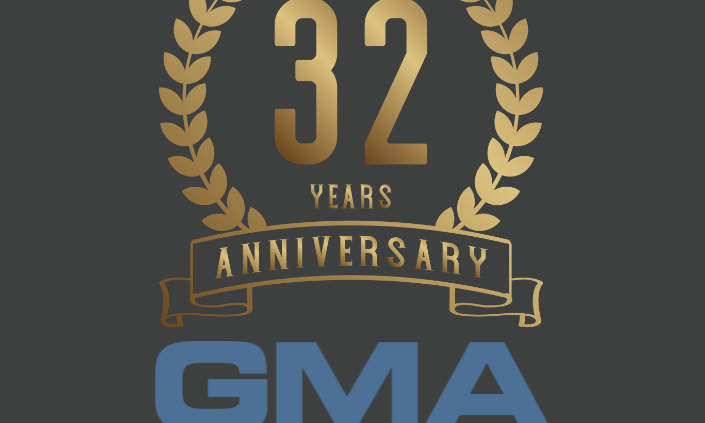When GMA started Terminator 2; Judgement Day was showing in the cinemas. It was the most expensive movie made at the time, this was largely due to the computer generated special effects. The Paragon at Caltech was named the fastest supercomputer in the world, with a maximum speed of 38.4 gigaflops (that’s around 38 thousand million operations per second), and 67.2 gigabytes of online disk space. The jpeg standard was finalised, and mobile phones were large, heavy, expensive (even by today’s standards), and infrequently used. However, November 1992 saw the first mass-produced GSM phone came to market, the Nokia 1011. Just ten years later the number of mobile phone users in the UK would surpass the number of landline users.
Today, businesses and individuals are adopting AI technologies, we carry our office and our personal lives in our mobile phones (which are now very small hand-held computers), supercomputers can reach speeds of 1.1 exaflops (that’s equals 1.1 quintillion operations per second) and store up to 700 petabytes (that’s around 700,000 portable hard drives), and computer generated special effects and AI images look as real as the real thing.
In contrast, the first business computer that Greg worked on in 1982, the CDC 6600, was the flagship of the 6000 series of mainframe computer systems manufactured by Control Data Corporation. Generally considered to be the first successful supercomputer, it outperformed the industry’s prior record holder, the IBM 7030 Stretch, by a factor of three. With performance of up to three megaflops, the CDC 6600 was the world’s fastest computer from 1964 to 1969, when it relinquished that status to its successor, the CDC 7600.
Technology has moved so fast and so far in the last 32 years, and we have been here every step of the way, to help organisations navigate the ever changing technology landscape. As technology develops and drives forward, GMA will be here partnering with businesses and illuminating the path to their technology goals.
If you would like to discuss your technology requirements please:
- Email: hello@gmal.co.uk
- Visit our contact us page
- Or call 020 8778 7759
Back to Tech News



